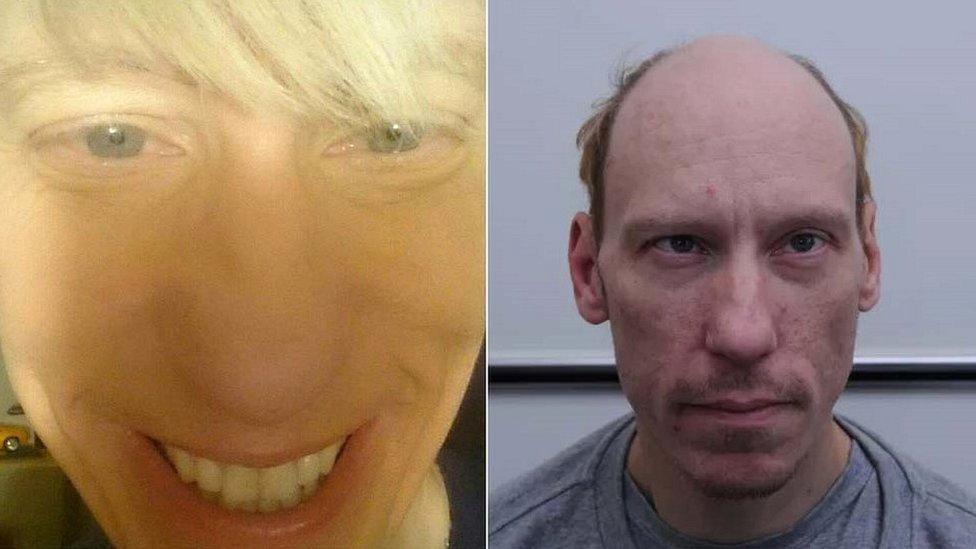Met Police may be failing to spot serial killers like Stephen Port - watchdog
- Published
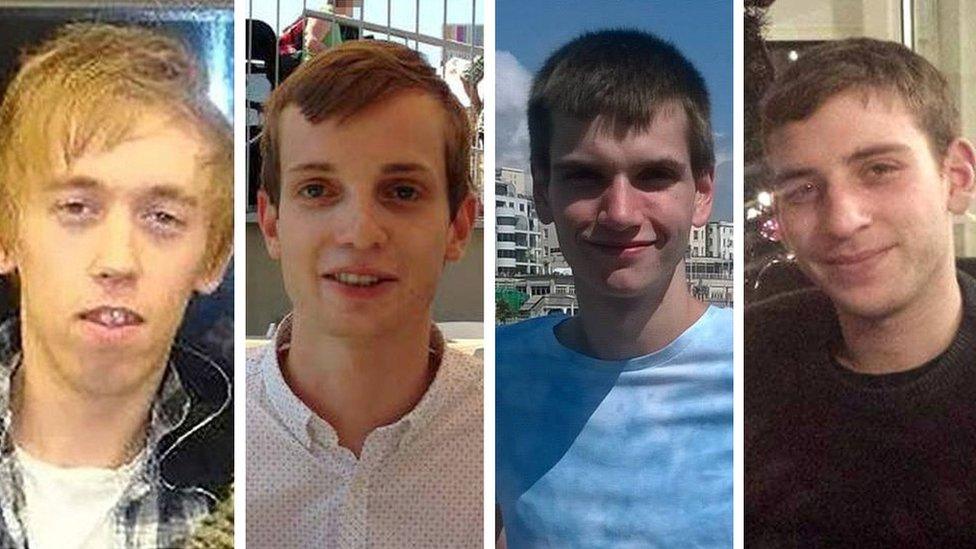
The young men killed by Port: Anthony Walgate, Gabriel Kovari, Daniel Whitworth and Jack Taylor
The Metropolitan Police may be failing to identify serial killers because it is not properly investigating unexpected deaths, a watchdog says.
It had not learned from a "calamitous litany of failures" in the case of Stephen Port almost a decade ago and "history could repeat itself", the inspector of constabulary warned.
Port, 48, is serving a whole-life term for murdering four men in east London.
The Met said it was "troubled by the findings" and would be reviewing cases.
Between June 2014 and September 2015, Port killed Anthony Walgate, 23, originally from Hull; Gabriel Kovari, 22, from Lewisham; Daniel Whitworth, 21, from Gravesend, Kent; and Jack Taylor, 25, from Dagenham, east London, by giving them overdoses of the "date rape" drug gamma-hydroxybutyrate (GHB) at his Barking home.
His Majesty's Inspector of Constabulary and Fire Services (HMICFRS) looked at learning and future risks for unexplained death cases following the murders.
It identified five key failings at the Met in a report: a lack of training, poor supervision, "unacceptable" record-keeping, confusing policies and "inadequate" intelligence procedures.
Speaking to BBC Radio 4's Today programme, HMICFRS's Matt Parr said it was "inevitable" that among the deaths the Met Police did not classify as homicides, there were some that were.
"The risk of a homicide being missed is way higher than it should be.
"The Met have no system for analysing patterns. If there was a link between murders, they would only spot them if they are lucky."
He added: "It's shocking to see an absence of what you'd call a professional curiosity.
"We've seen poor supervision, poor training and poor record-keeping. The Met hasn't learnt any lessons from what happened eight years ago.
"The chance of this happening again is too large."
Solicitor Neil Hudgell, who represents the families of the four victims, said: "This report highlights that the most basic requirements of policing are still not being met."
He added that, "possibly most concerning" is that "inexperienced officers are making crucial decisions when responding to reports of deaths which could impact on everything that then follows in the investigation, with mistakes potentially preventing specialist homicide detectives becoming involved".
Failures by the Met Police meant the deaths of Port's murder victims were not regarded as suspicious until weeks after the fourth victim, Mr Taylor, was killed, and contributed to the deaths of the final three victims, an inquest jury ruled in 2021.
These included not carrying out basic checks, not sending evidence to be forensically examined, and not exercising professional curiosity while Port was embarking on his killing spree.
'Relied on luck'
Mr Parr said it was "difficult to be reassured" mistakes would not "happen again".
"Issues with the Met's culture and officers' behaviour have been widely recognised," he said, referring to findings last month by Baroness Louise Casey that the force is institutionally racist, misogynistic, and homophobic.
"However, the Met's problems with competence and professionalism run even deeper. Too often, they don't get the basics right," he said.
"Several officers told us that linking deaths at a local level relied frankly on luck, there was no formal process to spot the similarities, to link deaths, and it relied on officers maybe talking to each other about the deaths that they've dealt with. We find that extraordinary," Mr Parr added.
Elsewhere, the report identified poor scene management and also mentioned a lack of "professional curiosity", saying the majority of records "had basic omissions".
"Written witness statements, if taken at all, tended to be too brief and lacked important details," the report said.
"There was little evidence that officers completed house-to-house inquiries, took steps to establish the time of death or tried to find out who may have had access to the premises where the deceased person was found."
30unexplained deaths in London a day
2-3homicides a week
25%of frontline officers who have served less than two years with the Met, in some boroughs
The report even described "occasions when money and drugs were found in a deceased person's possession at the mortuary, when officers had supposedly searched them at the scene of death".
There were also notably poor practices in the supervision of unexplained death procedures, including senior officers not turning up to supervise cases despite this being Met policy, and some having less experience than the officers who were asking for their guidance.
Mr Parr said: "Our inspection has shown that history could repeat itself. That is why the Met must learn from its mistakes and act now on our recommendations, to keep all Londoners safe."
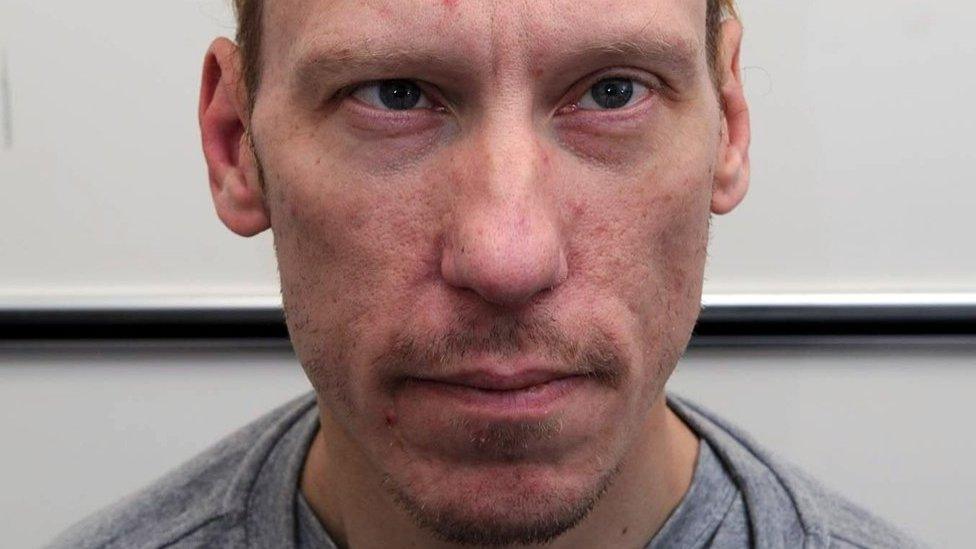
Port met the victims online, including through the dating app Grindr, before luring them to his flat where they were drugged and raped
HMICFRS made 20 recommendations to the Met in six areas, including to:
Make sure the death investigation policy and guidance are clear and easy to access
Improve the quality and scope of training available to officers and staff
Increase the use of intelligence by officers responding to reports of death
'We fell short'
The Met Police's Assistant Commissioner Louisa Rolfe said she was "troubled by the findings" and the Met had "started a process" of reviewing unexpected death cases to make sure "we have not missed things".
The force was "sincere in our desire to make real change to minimise the chance of a case like this ever happening again".
She said: "We know we fell short in this case and the families did not get the service they needed or deserved.
"It is important we look again at this area to see what more we need to do to support families through such difficult times.
"We will fully consider the recommendations made by HMICFRS and ensure these are not just fully addressed but embedded into our working practices."
Solicitor for the families, Mr Hudgell, added: "It has become abundantly clear that this force cannot be trusted to make changes and improvements itself and the government must step in and oversee proper change across this force.
"If that doesn't happen, more serious offenders will slip through the net, and more innocent lives will be lost due to the most basic of policing failures."
Mayor of London Sadiq Khan said he had commissioned the report, "due to my concerns around errors in the police investigation that meant that Stephen Port was not stopped when he should have been".
"We must confront the institutional homophobia Baroness Casey's Review found in the Met and the operational failures in the force, which today's report have laid bare.
"Every Londoner, irrespective of sexuality, gender or race, has the right to have their allegations of crime taken seriously by police and the Met must ensure the quality of their initial investigations is of a higher standard."
Additional reporting by Daniel De Simone

Follow BBC London on Facebook, external, Twitter , externaland Instagram, external. Send your story ideas to hellobbclondon@bbc.co.uk, external
Related topics
- Published21 March 2023
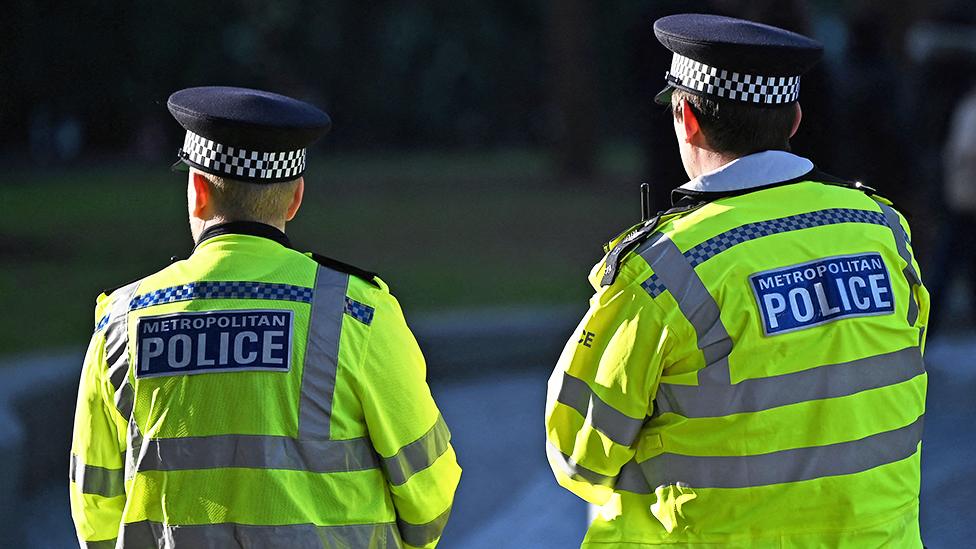
- Published30 August 2022

- Published23 June 2022

- Published10 December 2021
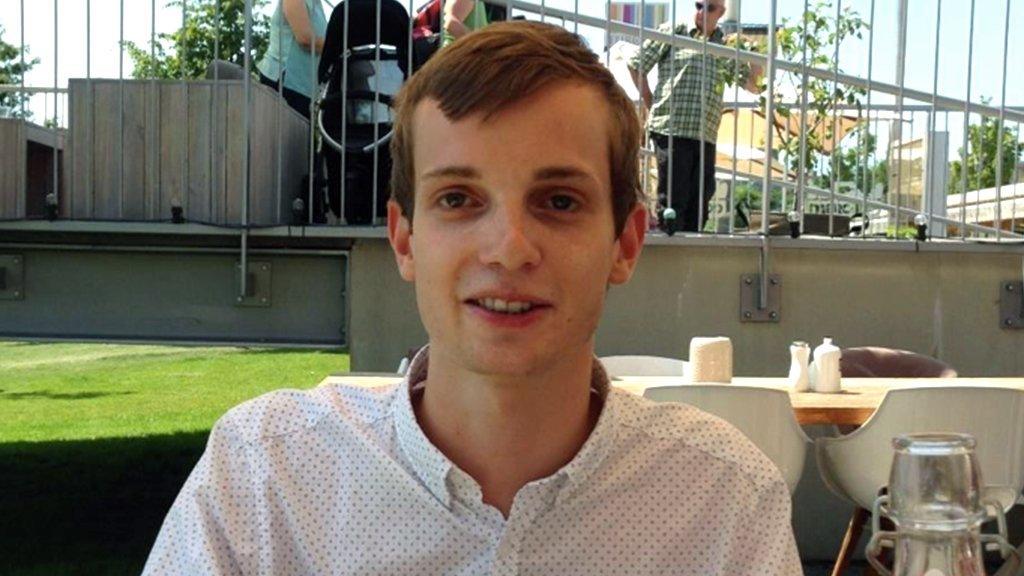
- Published25 November 2016
